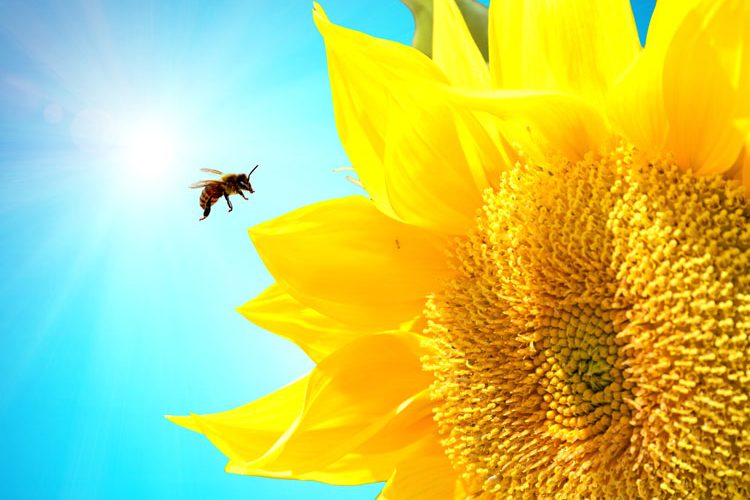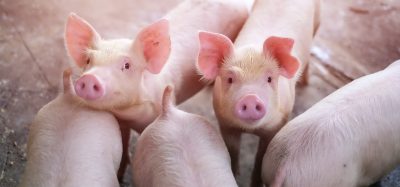Scent-conditioned honeybees boost crop yields
- Like
- Digg
- Del
- Tumblr
- VKontakte
- Buffer
- Love This
- Odnoklassniki
- Meneame
- Blogger
- Amazon
- Yahoo Mail
- Gmail
- AOL
- Newsvine
- HackerNews
- Evernote
- MySpace
- Mail.ru
- Viadeo
- Line
- Comments
- Yummly
- SMS
- Viber
- Telegram
- Subscribe
- Skype
- Facebook Messenger
- Kakao
- LiveJournal
- Yammer
- Edgar
- Fintel
- Mix
- Instapaper
- Copy Link
Posted: 28 September 2020 | New Food | No comments yet
Researchers in Argentina have discovered that scent training honeybees has increased yields in their sunflower crops.


Working on the same principle of scent training a dog to enable it to track down a target, scientists at the Universidad de Buenos Aires, Argentina have discovered that honeybees can be similarly motivated.
Scent training honeybees directly in the hive has been demonstrated to make them more efficient at pollinating a desired crop. The findings show that honeybees given food scented with odours that mimicked sunflowers facilitated significantly increased crops of sunflowers.
“We show that it’s possible to condition honeybees to a rewarded odour inside the colony, and this experience modifies the bees’ odour-guided behaviours later,” said Walter Farina of Universidad de Buenos Aires, Argentina. “The most surprising and relevant result is that the foraging preferences for the target crop are so prolonged and intensive that it promoted significant increases in the crop yields.”
Farina’s team had previously demonstrated that honeybees could establish stable and long-term memory related to food scents inside the nest and that those in-hive memories could influence the bees’ choices about which plants to visit.
To raise bees with a memory that would support later foraging on sunflowers, the researchers first developed a simple synthetic odourant mixture that the bees associated with the natural floral scent of sunflowers. Next, they fed the hives with scented food. They found that those early experiences and memories of the scent of sunflower influenced the bees’ later foraging preferences, as inferred by decoding their waggle dances.
The bees’ training led them to visit sunflowers more often. Those trained bees also brought more sunflower pollen back to the hive. This increased visitation and foraging on sunflowers, boosting the flowers’ production of seeds by 29 to 57 percent.
“Through this procedure, it is possible to bias honeybee foraging activity and increase yields significantly,” Farina confirmed. “In other words, pollination services might be improved in pollinator-dependent crops by using simple mimic odours as part of a precision pollination strategy.”
According to the report, the researchers say they are now studying other pollinator-dependent crops, including almonds, pears and apples. Their goal is to develop an array of new odour mimics to improve pollination efficiency and productivity in numerous important agricultural crops.
Related topics
Environment, Food Security, Research & development, Sustainability, Technology & Innovation









